Books
I’m 5 percent writer, 95 percent reader
Writer Saraswati Pratikshya talks about her love for poetry and prose and how each read is like travelling to a new and exciting land.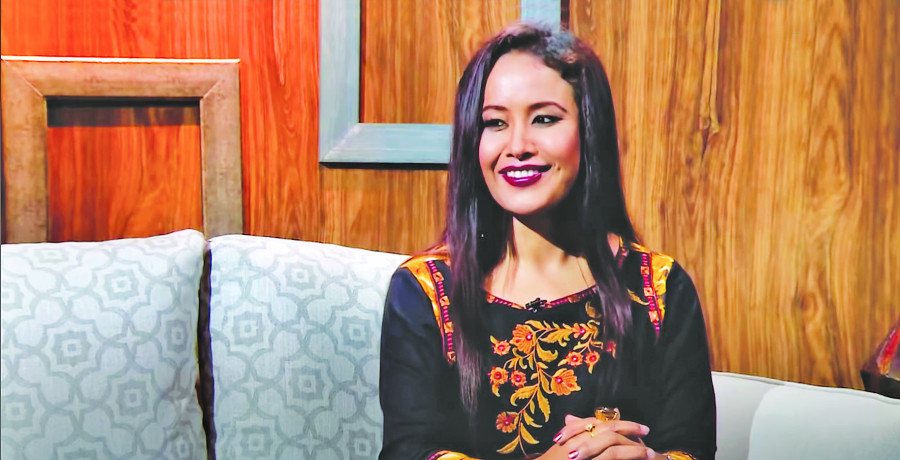
Saraswati Pratikshya needs no introduction. As an established writer, poet and columnist, her writings hint towards more existential and introspective matters of life. This has given her prose and poetry an edge—one that is courageous enough to question things that are seemingly normal to the rest of us.
Known for her 2018 book about Badi women titled ‘Nathiya’, Pratikhsya is also an established poet who has published three poetry collections—‘Yadhyapi Prashnaharu’ (2005), ‘Bimbaharuko Kathaghara’ (2009) and ‘Bagi Sarangi’ (2012). In this book talk with the Post, she talks about the importance of writing honestly and sincerely and how being patient is the key to becoming a good writer.
What does poetry mean for you?
Poetry is a form of meditation for me. Whenever I read good poetry, I reach moksha. It takes me to another world of satisfaction. If anybody asks me what is the most creative form of self-expression, I always say poetry. It has rhythm and mantras. It fits many things within a small number of words. I’m somebody who constantly has emotions rushing all over me. Sometimes I get swept away by these sensitivities. And if I need an outlet, I use poetry. This also means that writing poetry is a form of therapy for me.
What genres of books do you enjoy reading?
I always tell people I’m only five percent a writer and 95 percent a reader. Compared to how much I read, it’s minuscule how much I write in return. I enjoy reading both fiction and non-fiction. Along with stories and poems, I also like philosophy, so my library is filled with philosophical books. Instead of picking particular books, I like to see what I can learn from each book I read. That is more important to me. As I’m more introspective in nature, I like it when books challenge me. A book is more than just a story, it’s also a window into a new society, culture, and psyche. Reading helps us transcend the surficial layer of consciousness. Books take you to a more creative and emotive universe. For me, each read is like travelling to a new and exciting land.
How has your writing journey been so far?
I would like to recall a line in Virginia Woolf’s iconic essay ‘A Room Of One’s Own’—published around 100 years ago in 1929—that goes, “A woman must have money and a room of her own if she is to write fiction.” This statement implies that women aren’t incapable but are tied down by a lack of time and space for themselves. This held true during Woolf’s time and holds true even today. A man is simply a writer, but a woman is a ‘female writer’. To write well, one has to research, travel, and stay up late, which has been made much easier for men. But for a woman, the entire process is so complex and exhausting. These restrictions make it difficult for women to dive deep into writing, but it’s not impossible. Yes, there are few female writers in Nepal, but they still deliver and write well.
Has literature these days become more quantitative than qualitative?
If you write a good book, well, then you’re a writer. But here’s the catch. People expect to become great writers within the span of a single night. There is a tendency to create a closed group and pass your writing to the same group who will call your work credible. And that is enough for most of us—we are satisfied. Because of how narrow that circle and their ideas are, there are a lot of books around, but they lack quality. Writing isn’t simply jotting words down; it is looking within yourself, understanding your potential, bringing around new ideas and perspectives and presenting different angles to issues. Instead of sticking to wordy jargon, a serious piece of literature asks for creative and thought-provoking awareness. The lack of introspection and this desire to become famous too quickly are what bring a writer down. It’s the bitter truth.
What areas of society should Nepali writers represent, explore, and portray in their literature?
If I think about it, I believe Nepali writers write within their comfort zone. There is a fear of rejection (from readers), so we stick to tried and tested stories. Another important thing is when we’re afraid of even writing something honest to us. I used to think—I could write my own stories later. I’m young and have energy, it’s better to find stories about others. But I’ve realised that it takes real courage to write about yourself, for yourself. As we don’t have the guts to put ourselves out there, we look for other characters, other stories. It’s time to showcase one’s thoughts and beliefs about ourselves and society on paper.
What can the state do to the further development of language and literature?
We always say that poets and writers are the nation’s treasure. Though this statement sounds sweet, I find it rather melancholic. What is the use of a treasure? Of jewellery? Isn’t it just for show? Like something we wear occasionally and lock it away most of the time. I feel like the state treats writers simply like showpieces—use them when needed, otherwise, disregard them. It wouldn’t be a stretch to say that nothing much has been done by the state when it comes to language and literature. Yes, there are academies and councils, but the positions there are filled with politicised individuals and only a few scholars. There are very few qualified people in powerful positions. The country has to start from zero and do lots of homework if it wants to champion language and literature.
What advice do you have for young writers who look up to you?
A thing one must realise before entering the realm of writing is that being a writer comes with its own set of struggles, which only multiply in a country like Nepal. A newcomer has to be willing to give up financial stability and many other opportunities. The problems manifest even more sinisterly for women. There’s also a lack of familial and societal support. Instead of focusing on the creative works women put out, there is a tendency to attack a woman’s character. Every step of the way, someone is always giving out character certificates! If a woman has minimal self-confidence, it’ll be difficult for her to live as a writer. Make sure to prepare yourself for the hurdles you’ll face along the way!
Saraswati Pratikshya’s book recommendations:
Siddhartha
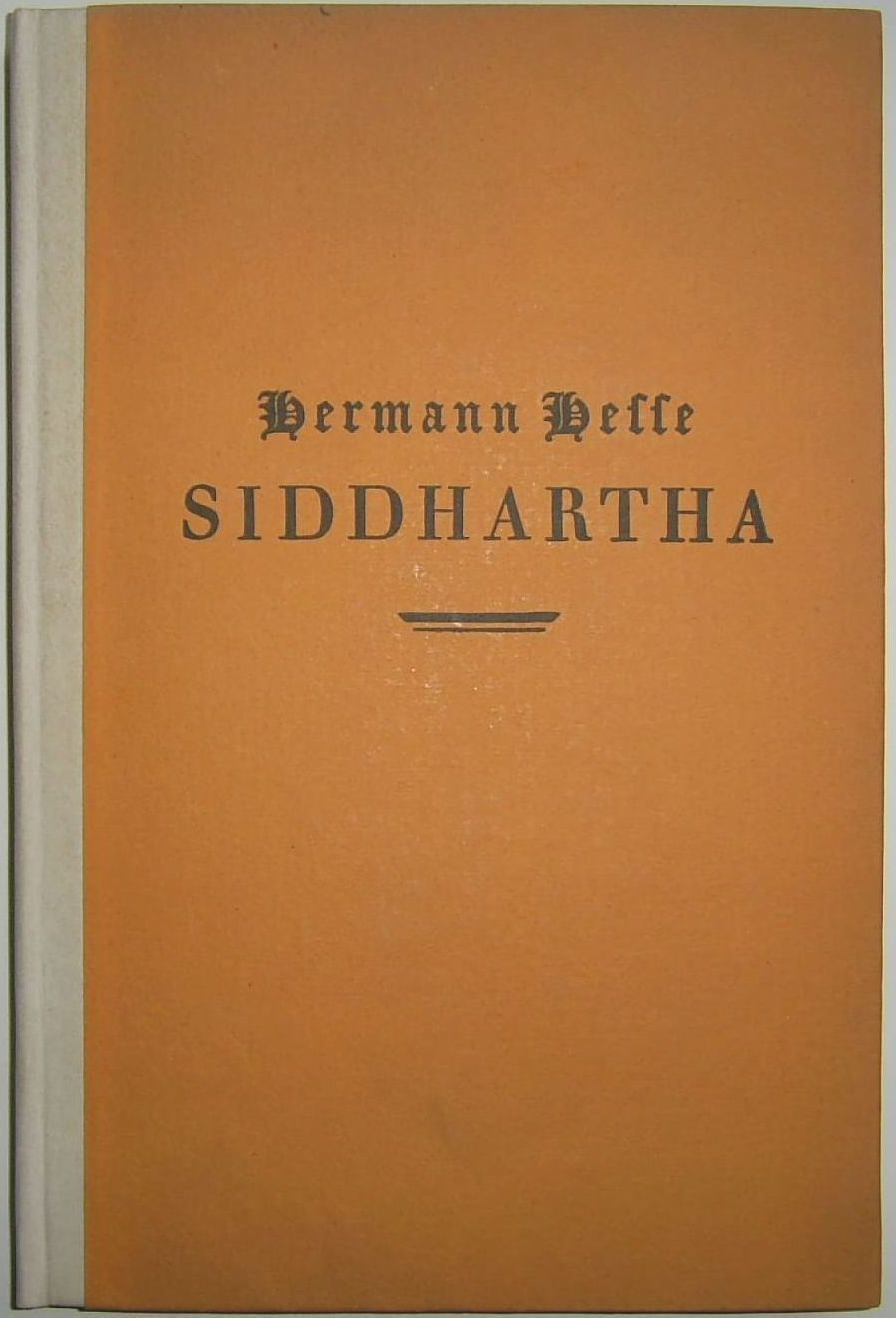
Author: Hermann Hesse
Year: 1922
Publisher: New Directions
Bichar Bigyan
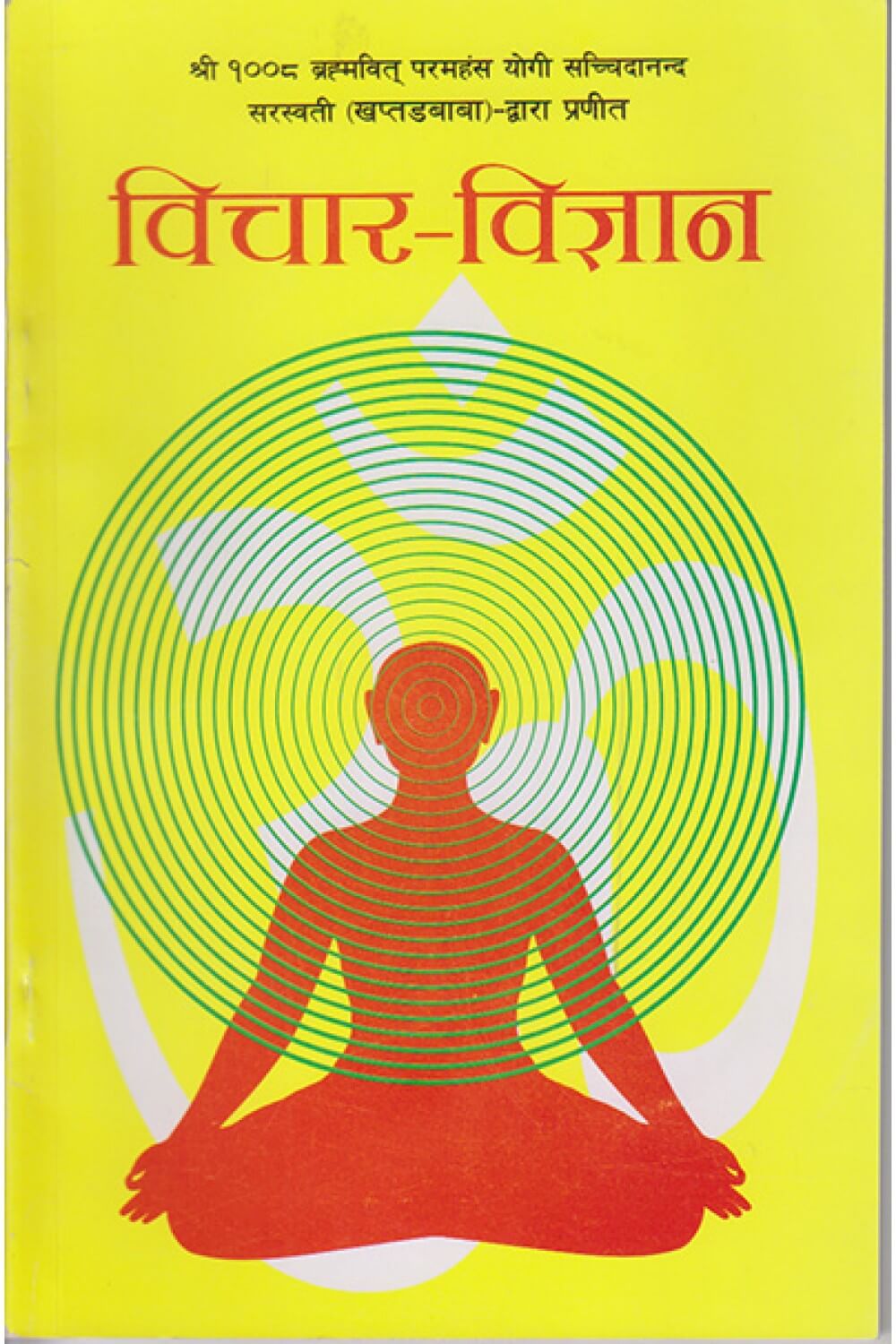
Author: Khaptad Baba
Year: 2016
Publisher: Khaptad Ashram Praksashan Samiti
One Hundred Years of Solitude
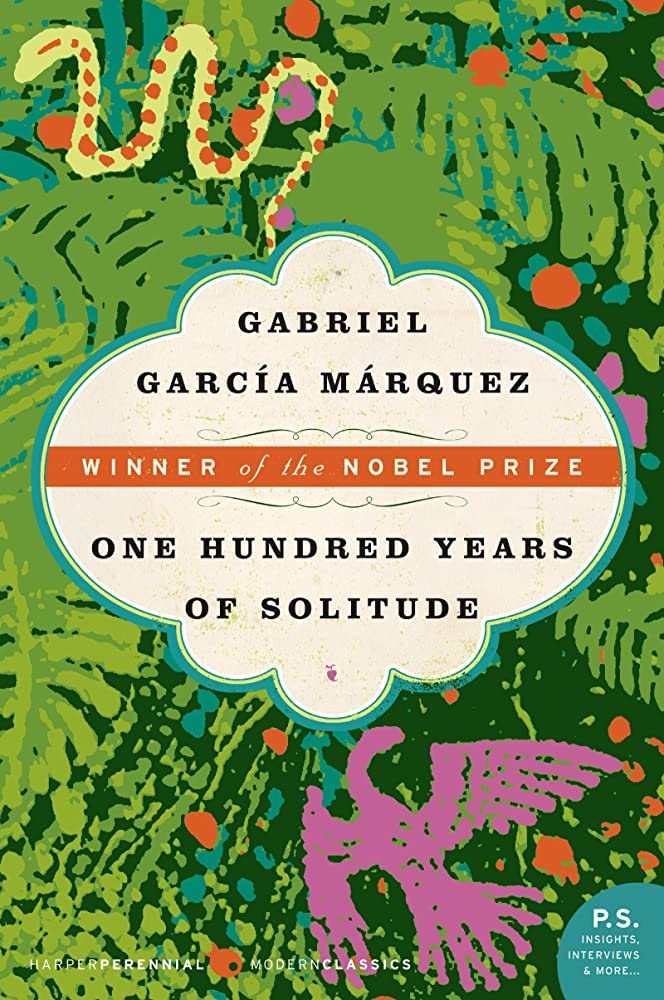
Author: Gabriel García Márquez
Year: 1967
Publisher: Editorial Sudamericana
I Know Why the Caged Bird Sings
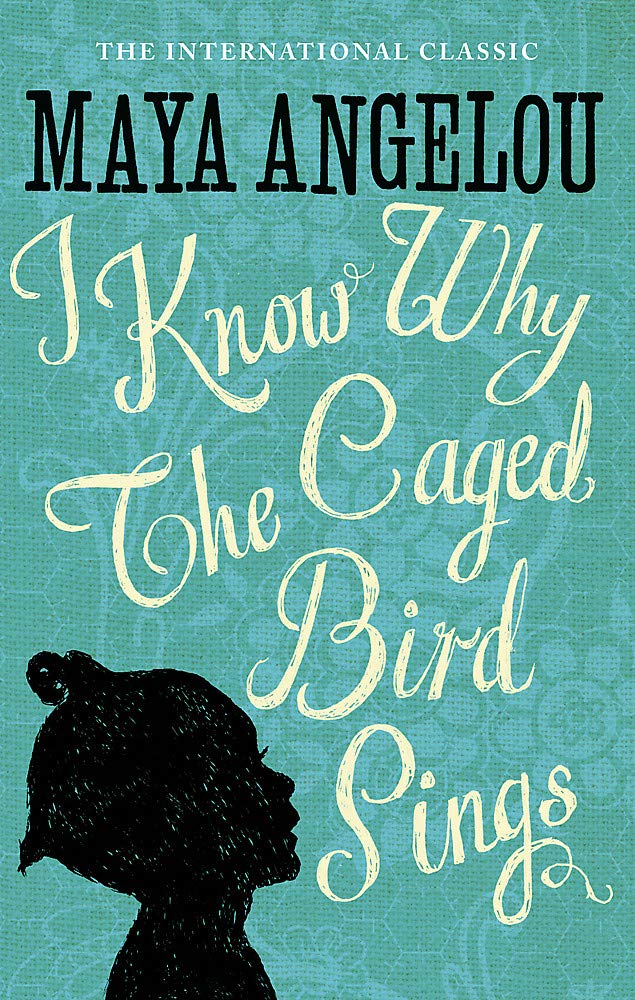
Author: Maya Angelou
Year: 1969
Publisher: Random House
The Colour Purple
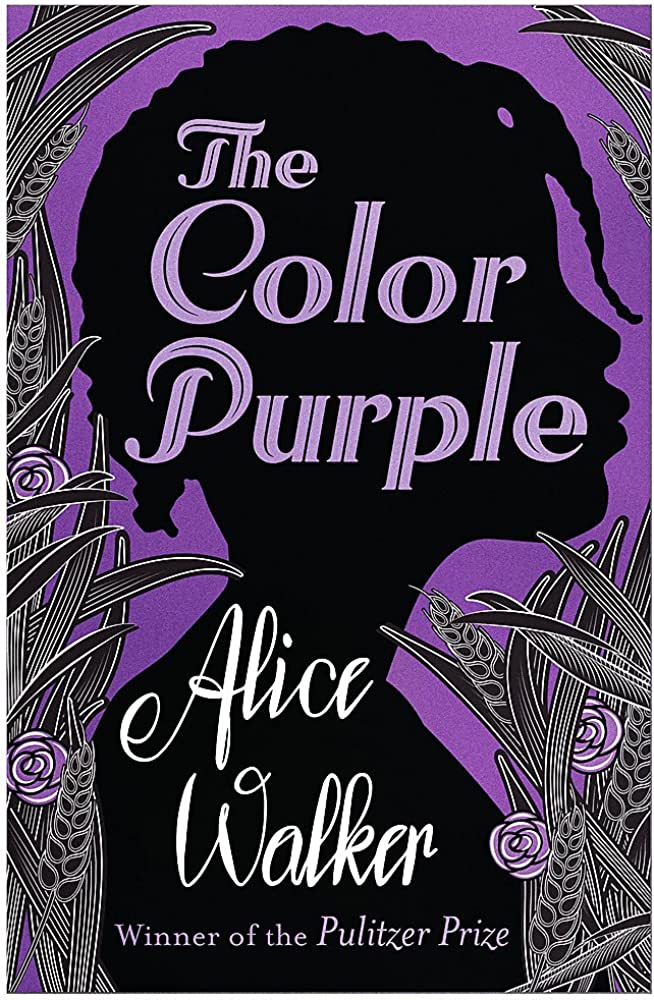
Author: Alice Walker
Year: 1982
Publisher: Harcourt Brace Jovanovich
Shirishko Phool
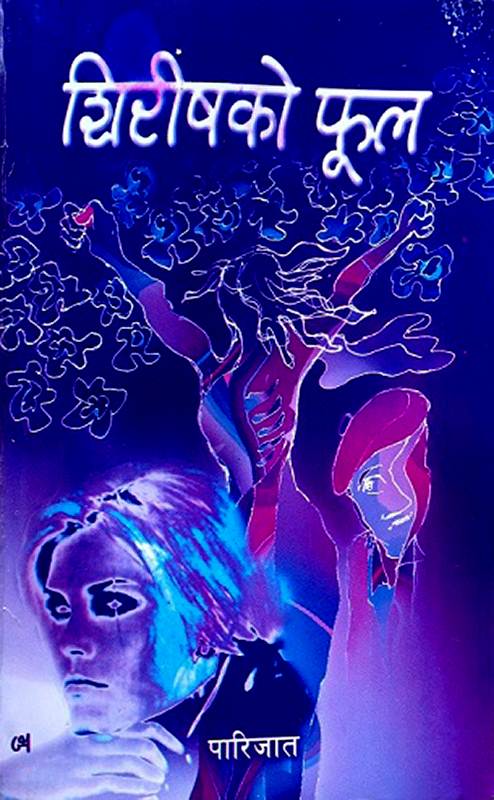
Author: Parijat
Year: 1964
Publisher: Sajha Prakashan




 9.6°C Kathmandu
9.6°C Kathmandu









